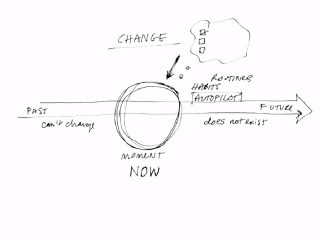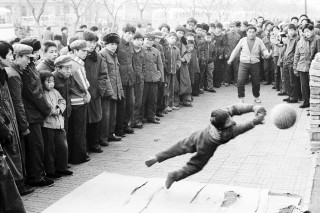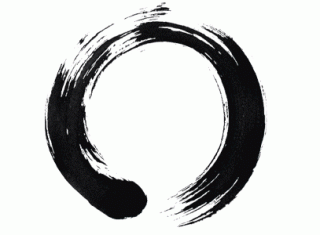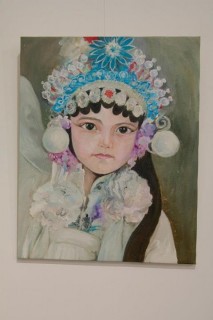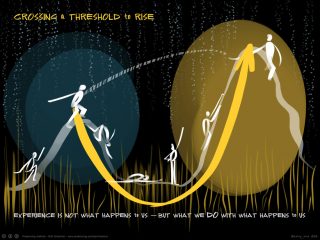
2017—Trump—Are We Ready To Rise?
Donald Trump is to democracy what 2008 was to capitalism: a profound wake-up call reminding us that the system is broken and in urgent need of an “upgrade” that will bring it up to speed with the challenges of our time. There is a disruption in three acts so to say. — So anything is possible in 2017.
But dont forget: Experience is not what happens to us—but what we do with what happens to us. It’s that inner doing—that inner choice—where the future of this planet and the future of our evolution is battled out. And if you are interested l´please read more.
http://www.huffingtonpost.com/entry/5861ea62e4b014e7c72eddf2?timestamp=1482815807209

